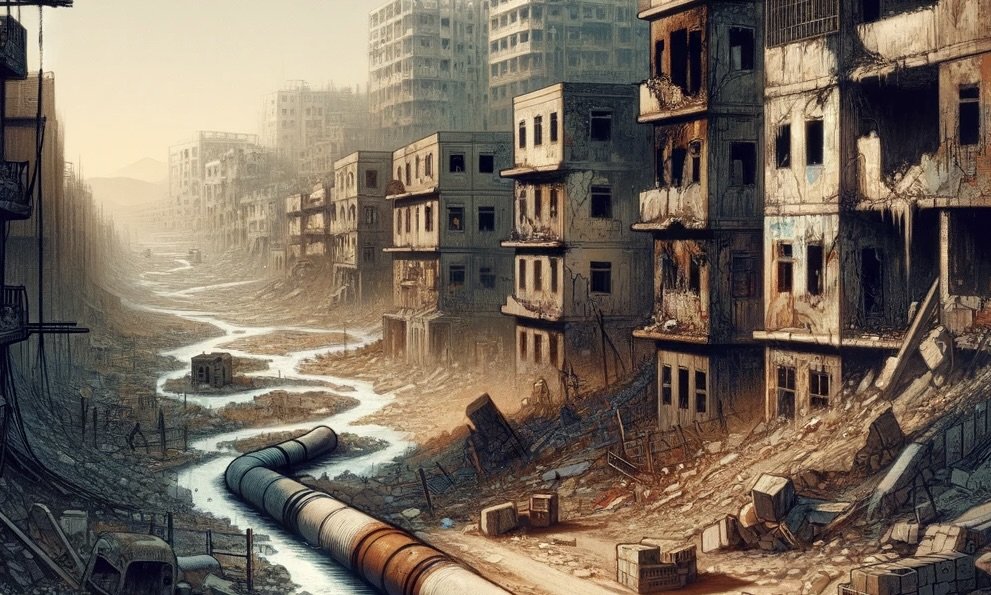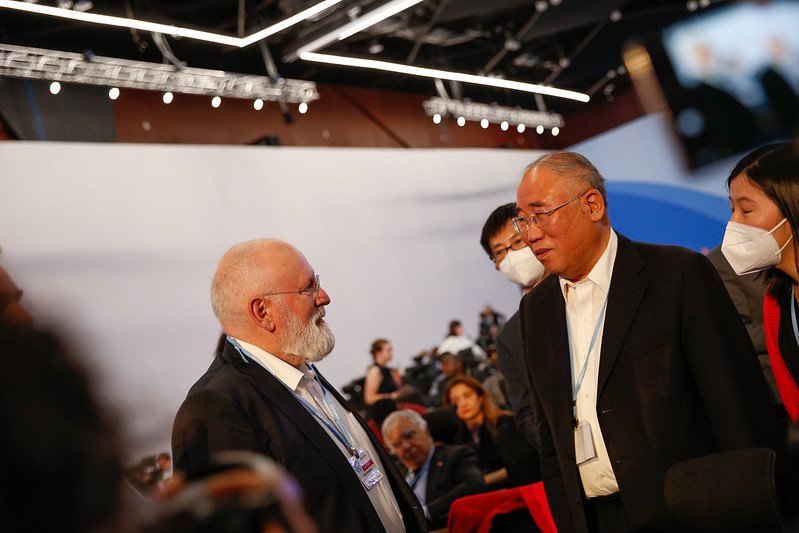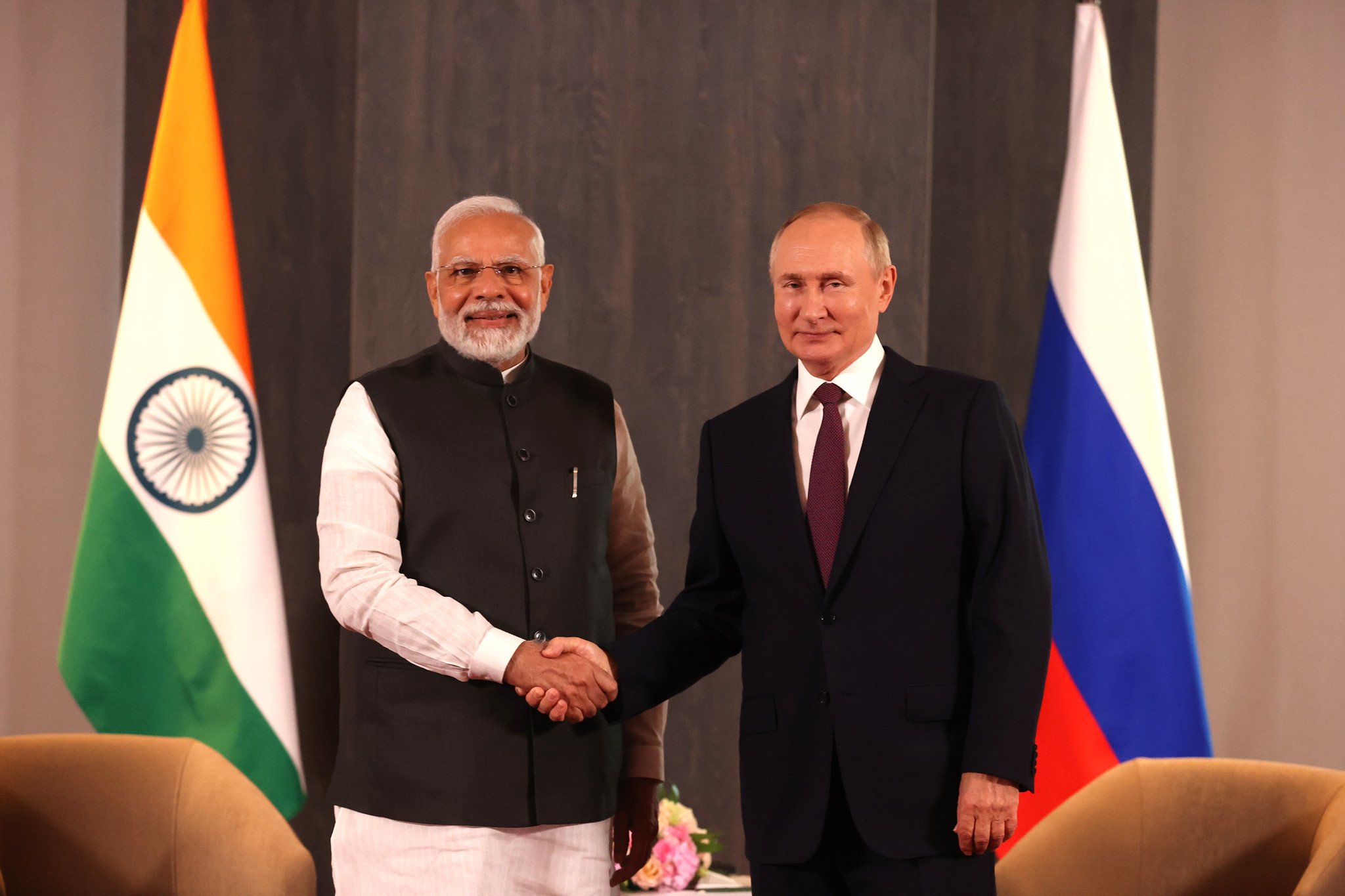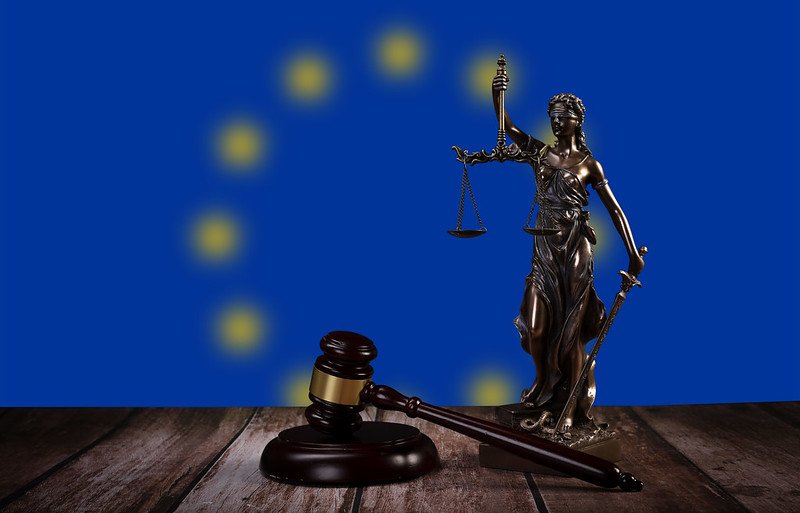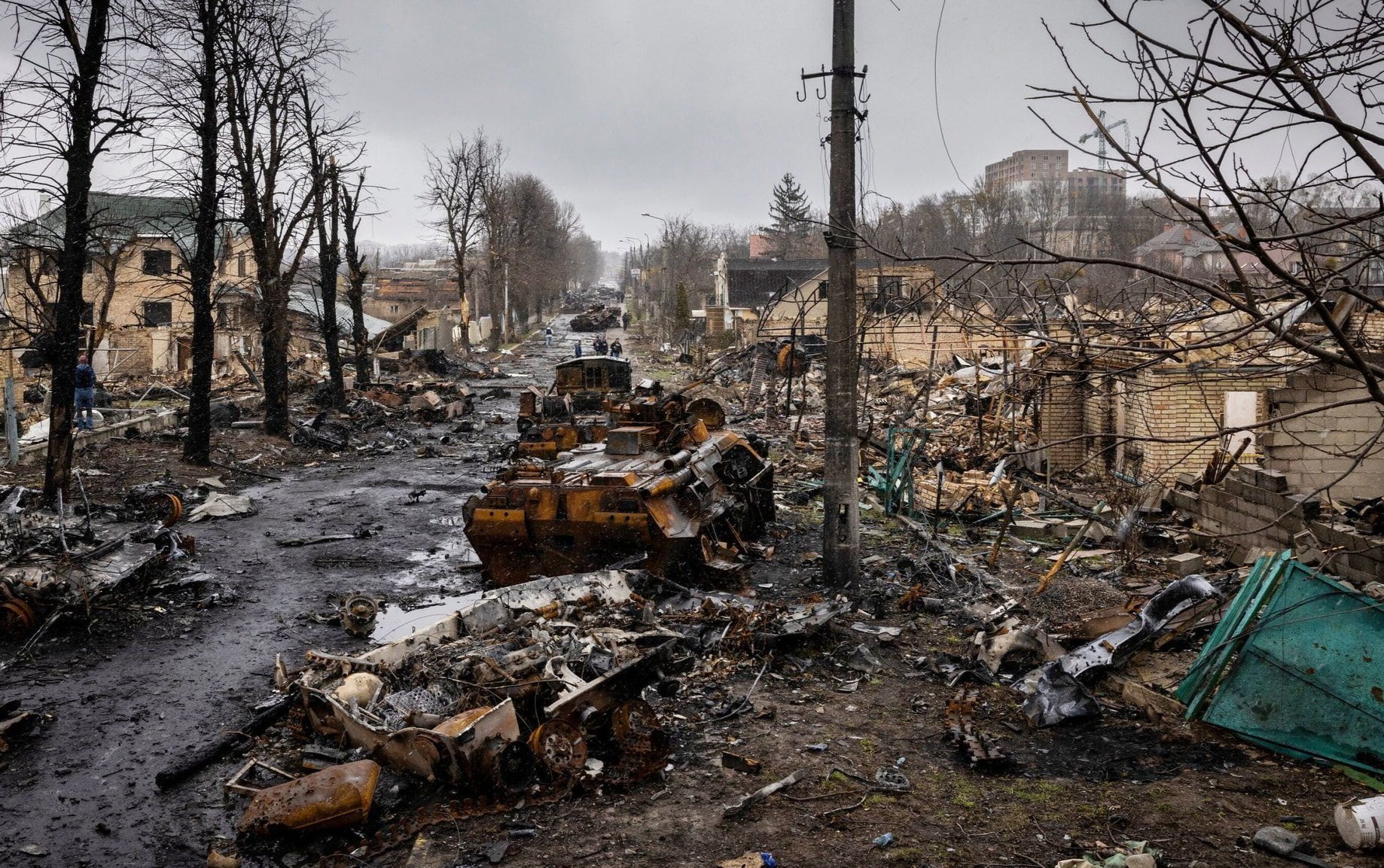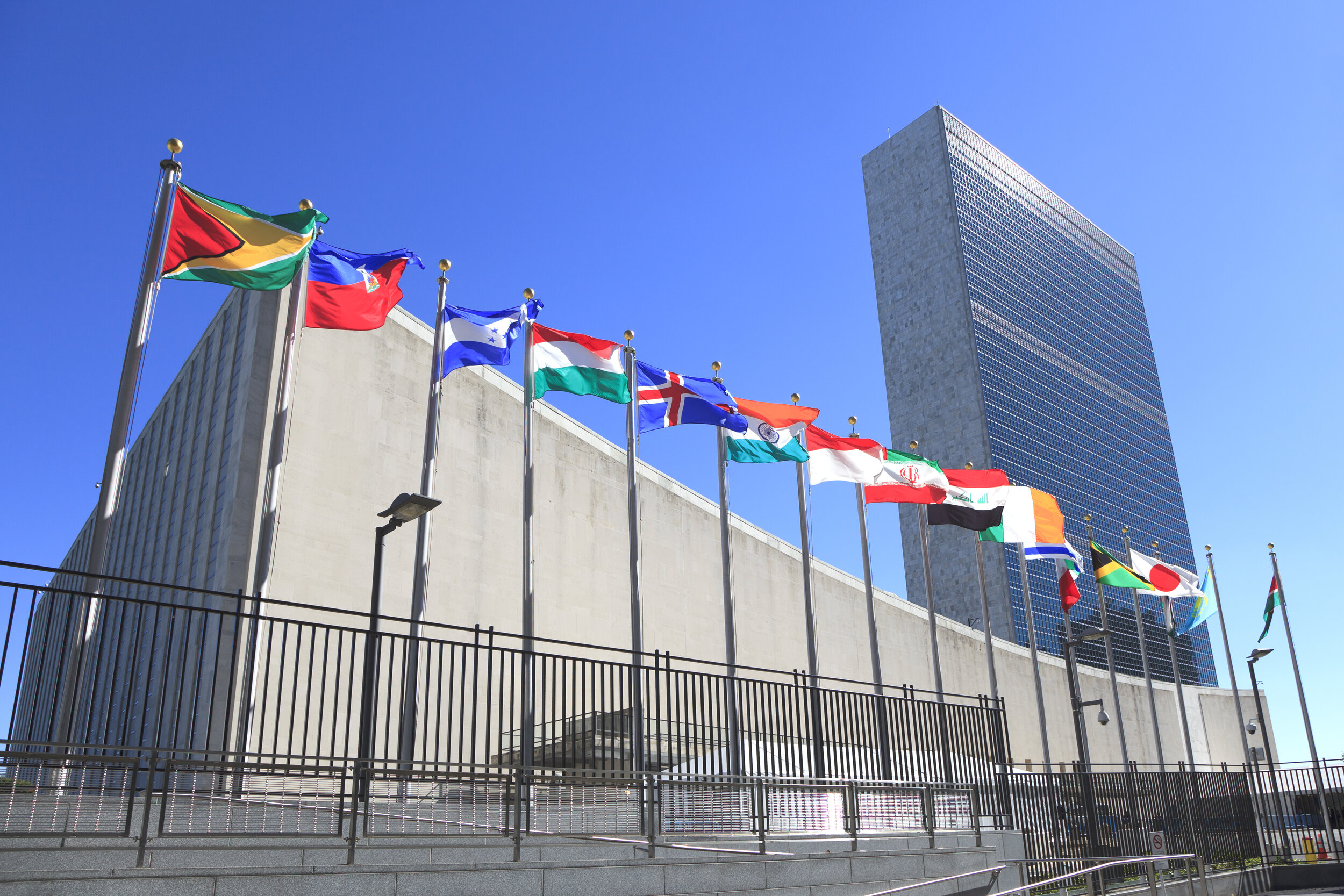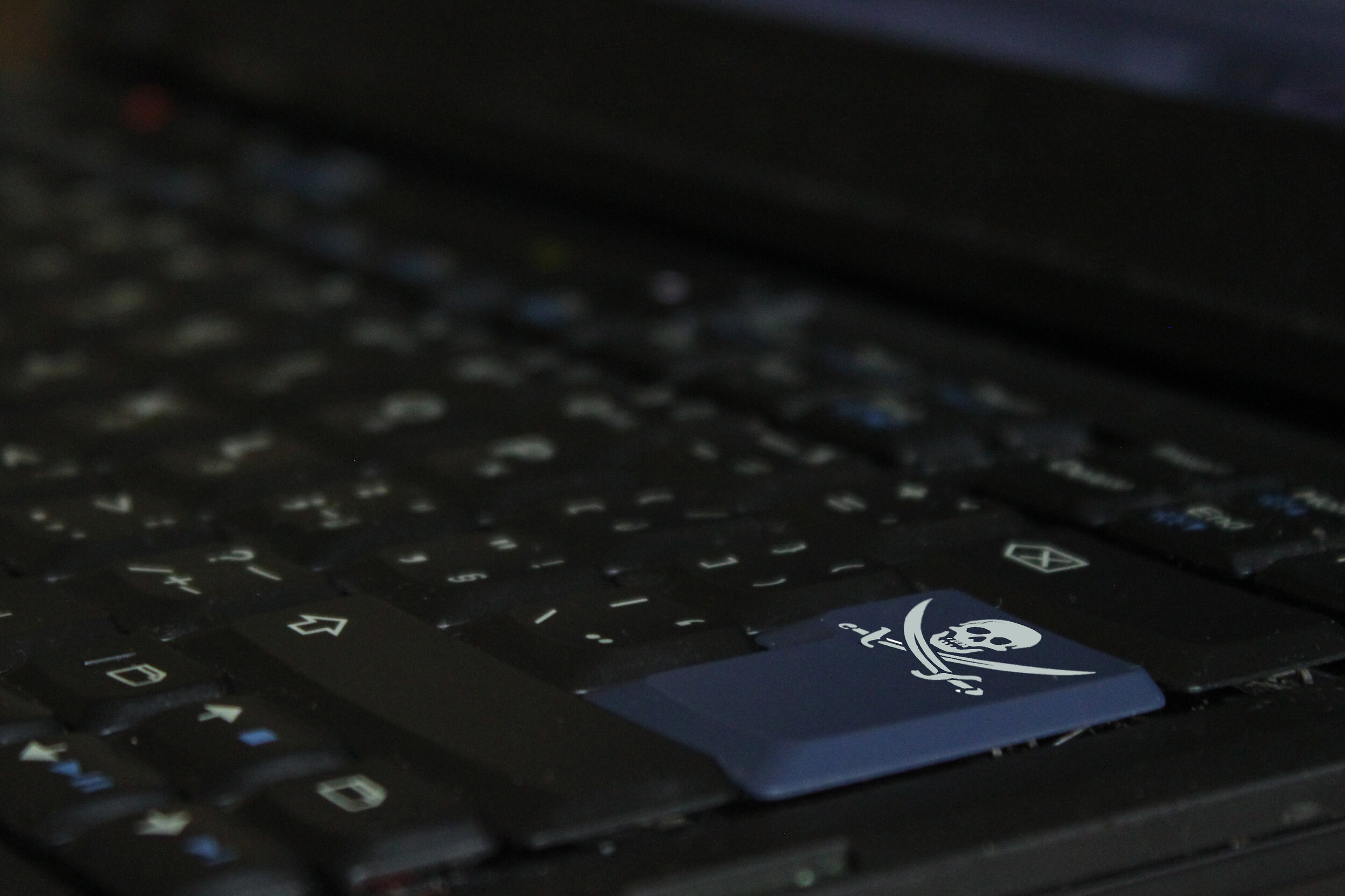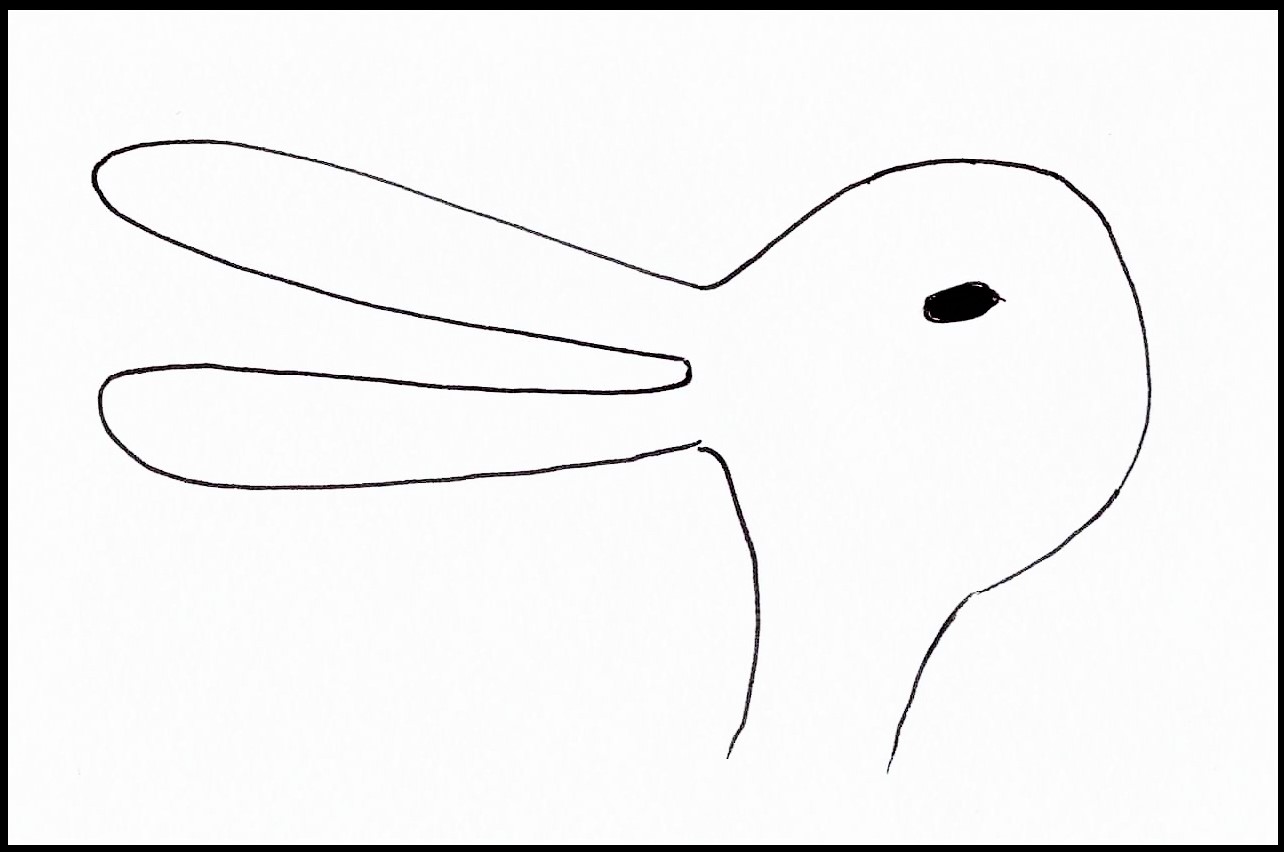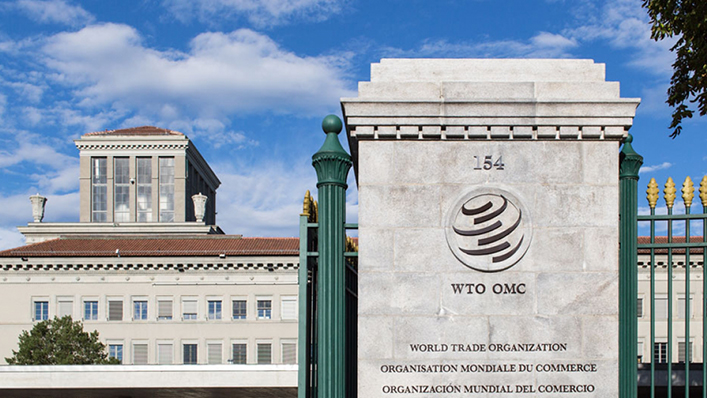In our series of policy briefs, our researchers adress current issues of the world politics.
IN 2025, IRAN IS IN NEED OF A NEW GEOPOLITICAL STRATEGY AFTER A DISASTROUS 2024
Matouš Horčička’s new policy brief analyzes Iran's shifting geopolitical strategy following a turbulent 2024 marked by domestic instability and international setbacks. He highlights how Iran's weakened position opens a strategic window for Western diplomats to influence Tehran’s future direction and reduce its reliance on Russia and China. The brief explores potential diplomatic approaches to engage Iran and prevent further regional escalation.
The Israeli-Palestinian Conflict After October 7th and the Growing Public-Elite Gap
Tereza Plíštilová’s new policy paper describes the impact of public protests against the Israeli-Palestinian Conflict, especially in the light of student demonstrations in several cities accross the US and Europe. She emphasizes the significant shift of Western public attitudes on the conflict and explains how the public-elite divide of opinion should be addressed.
Poor water governance, forgotten water wars and people dying of open wounds rather than thirst
Eliška Pohnerová’s new policy paper delves into the escalating issue of water-related conflicts globally. It underscores the fact that water scarcity and governance are becoming significant factors leading to violence within countries, particularly in the Global South.
The Prospects and Limitations of the Nuclear-AI Analogy
In policy brief #023, Karim Kamel dives into the topic of shaping a future where AI amplifies our collective potential while safeguarding humanity's values.
Peaceful, not Vulnerable: ESG Reporting should not weaken EU Defence Industry
Tomáš Bruner’s new policy brief offers actionable insights to overcome the challenges of the defense industry in light of the EU's ESG reporting requirements.
DO EUROPEANS (STILL) SUPPORT ARMS CONTROL TALKS WITH RUSSIA?
Michal Smetana's policy brief examines the European public's view on arms control negotiations with Russia amid heightened nuclear risks following the collapse of key treaties.
Loss and Damage & Climate Finance War with China
Eliška Pohnerová discusses the establishment of the Loss and Damage Fund and the connected conflict between China and the Global North over climate finance.
The West and Central and Eastern Europe Need to Go South: Emerging Global Blocks and the Russia-Ukraine War
Central and Eastern Europe needs to robustly engage with the Global South. Four steps CEE should take to secure international support in the Russia-Ukraine war are described in a policy brief by Michal Parízek.
When the law meets disinformation: Should we fear class actions?
Tomáš Bruner on the surprising connections between class action lawsuits and disinformation campaigns.
A special tribunal for Ukraine: A way forward for international criminal justice?
Nikola Kurková Klímová discusses the possibilities of addressing the international crimes reported as having been committed in Ukraine. She explains, why the creation of a special tribunal for Ukraine might not be the best way forward.
Whoever acts in the wrong movie is punished by life
Our principal investigator Harald Müller on the war in Ukraine, resemblances to year 1938 and the need for transformation of Europe’s security architecture.
The Difficulty of Debates on Israel as an Apartheid Regime
A recently published report by Amnesty International has labeled Israel an 'apartheid regime'. Our researcher, Irena Kalhousová, has actively participated in the public debate sparked by this controversial statement. As a contribution to the discussion, we are publishing yet another perspective on the subject in this guest policy paper written by Dr. Jakub Záhora from Max Planck Institute in Germany.
no good military solution for ukraine
Jan Ludvík on the current crisis between Ukraine and Russia and the grim outlooks for Ukraine in case of an armed clash.
Nuclear arms control needs a fresh start
Jan Ludvík discusses state of the nuclear arms control and the possible developments for new nuclear-arms-control regime.
The human rights pitfalls of the new EU sanction regime
Nikola Kurková Klímová debates the EU Global Human Rights Sanctions Regime.
How might the V4 countries combat climate deadlock in the UN Security Council?
Tomáš Bruner debates different positions of V4 states in view of climate change, and their engagement in the UN.
Work on the Code of Conduct for the South China Sea to resume despite (or thanks to?) the COVID-19 pandemic
Barbara Dufková on the recent developement in the South China Sea controversies discussed at the 37th ASEAN Summit and its implications for the legal framework.
The 2020 US Presidential Elections and the Geopolitical Implications for Central and Eastern Europe
Jan Hornát on the role of the future American president for the region of Central and Eastern Europe.
Double Standard on Due Diligence in Cyberspace
Tomáš Bruner on Due Diligence in Cyberspace
The corporate scramble for Africa
and its unintended consequences
Kamil Klosek on the link between FDI and military interventions.
On Perspectives on Disinformation
Vojtěch Bahenský on fake news, propaganda, disinformation
and truth decay.
The Global Trade Regime in Crisis
Michal Parízek on the current problems of WTO.
One Belt One Road Versus the Eurasian Economic Union
Ekaterina Ananyeva on the two biggest economic projects
in Central Asia.
Likely Impact of the Nuclear Ban Treaty
on the NPT Review Process
Michal Onderčo on the Treaty on the Prohibition of Nuclear Weapons.
Trump’s Folly and the Call to Europe
Harald Müller on the U.S. decision to leave the Iran deal.
Michal Smetana's policy brief examines the European public's view on arms control negotiations with Russia amid heightened nuclear risks following the collapse of key treaties. Recent surveys indicate broad support across Europe for new U.S.-Russia arms control talks, despite Russia's aggressive foreign policies.




